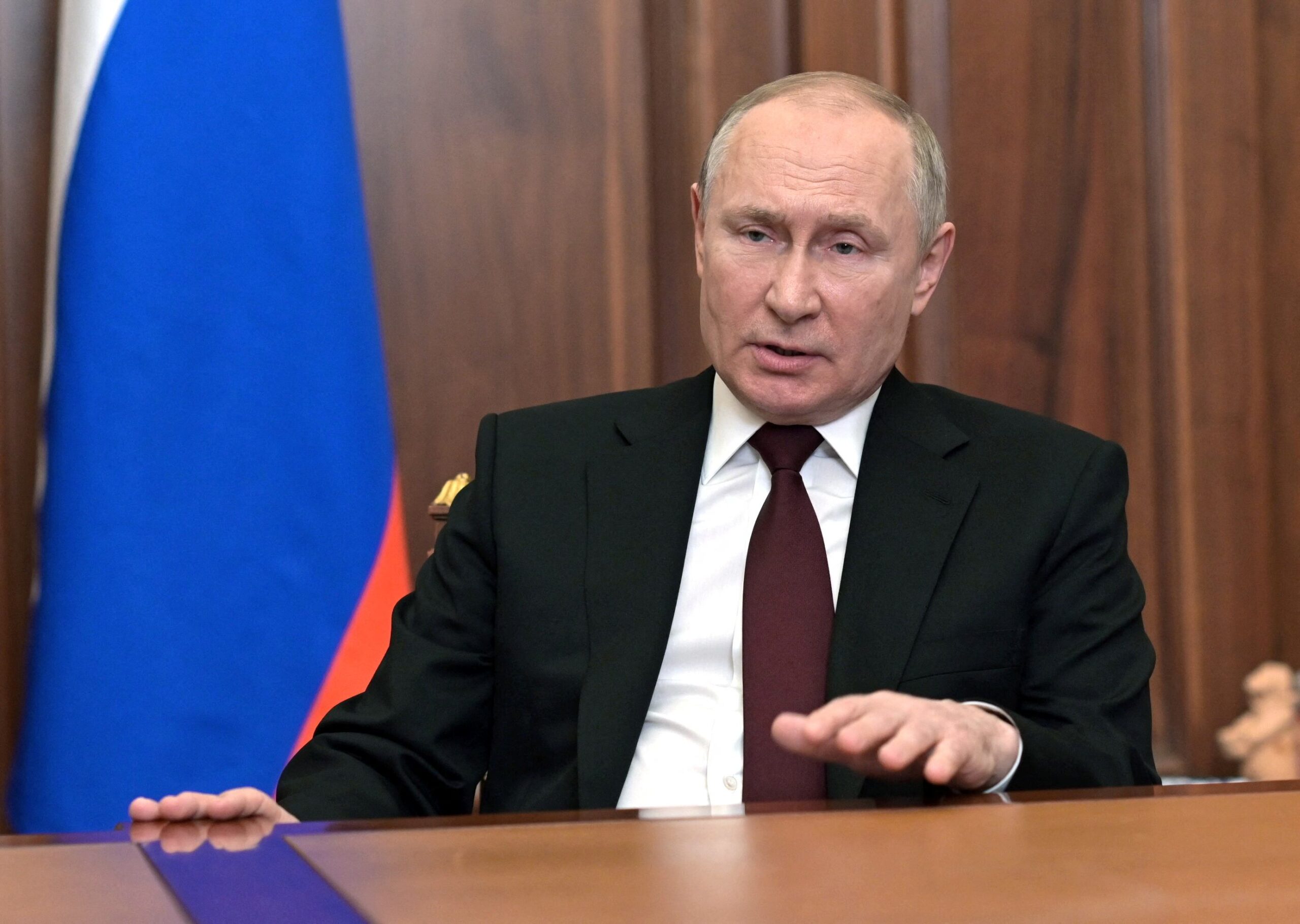Belgium will host a number of heads of state and government as well as EU officials for the second North Sea Summit on 24 April to make the sea the EU’s “largest green energy power plant” by 2050.
On 18 May 2022, Denmark hosted the first North Sea Summit in Esbjerg, which gathered leaders from Germany, Belgium, the Netherlands, and von der Leyen. While von der Leyen had called on EU states to become more independent from Russia and noted the bloc’s reliance on fossil fuels at the time, the four countries that met for the first summit agreed to multiply their combined offshore electricity generation capacity by four to at least 150 GW by 2050.
For the second Summit – which is to take place in Ostend on 24 April – the four countries will be joined by France, Ireland, Luxembourg, Norway and the UK, the Chancellery of the Belgian Prime Minister Alexander De Croo indicates. In total, all the countries have “more than 175,000 kilometres of coastline”, it added.
Von der Leyen and Energy Commissioner Kadri Simson will also be present.
The objectives set in Esbjerg will be extended to include the efforts of the new participating countries in that area.
The participants — which should also include a delegation of some 100 business leaders and stakeholders from the energy sector and the nine participating countries — will also need to tackle the question of the safety and security of offshore energy infrastructure, offshore wind farms and the cables that connect them.
“We need to make sure that this power arrives safely at our shores […] And ensure that all our fellow citizens, from Biarritz to Tromso via London, Amsterdam, Dublin, Berlin and Copenhagen, benefit from this initiative,” the Chancellery explained.
In an address published on Twitter on Thursday, De Croo announced that investing in offshore energy would create jobs and strengthen Europe’s leadership in the energy transition.
“By joining hands, we will accelerate the energy transition, strengthen our technological leadership and provide millions of European households and businesses with zero carbon energy,” he added.
To run fully on renewables and achieve climate neutrality by 2050, Belgium decided to accelerate its energy independence, especially towards fossil fuels, by focusing on renewable energies and regaining control over its short-term energy needs through the prolongation of two nuclear reactors (Doel 4 and Tihange 3) for ten years from 2026.
It is currently the second country in the world regarding offshore capacity per capita, just behind Denmark. According to the government, Belgian wind farms in the North Sea produce 2.26 GW of offshore energy, aiming to triple this production by 2030 to reach 6 GW.
In addition, Belgium has decided to install its first experimental floating solar infrastructure in its existing wind parks to further optimise the North Sea’s potential.
Moreover, still in the North Sea, Belgium will soon start building the first energy island in the world, connecting its wind farms and interconnections to bring the electricity from the future offshore wind zone to shore. The island, which should be finished by 2026, will be “the first building block” of an integrated European offshore electricity grid that will connect various countries together.
Source : Euractiv




































